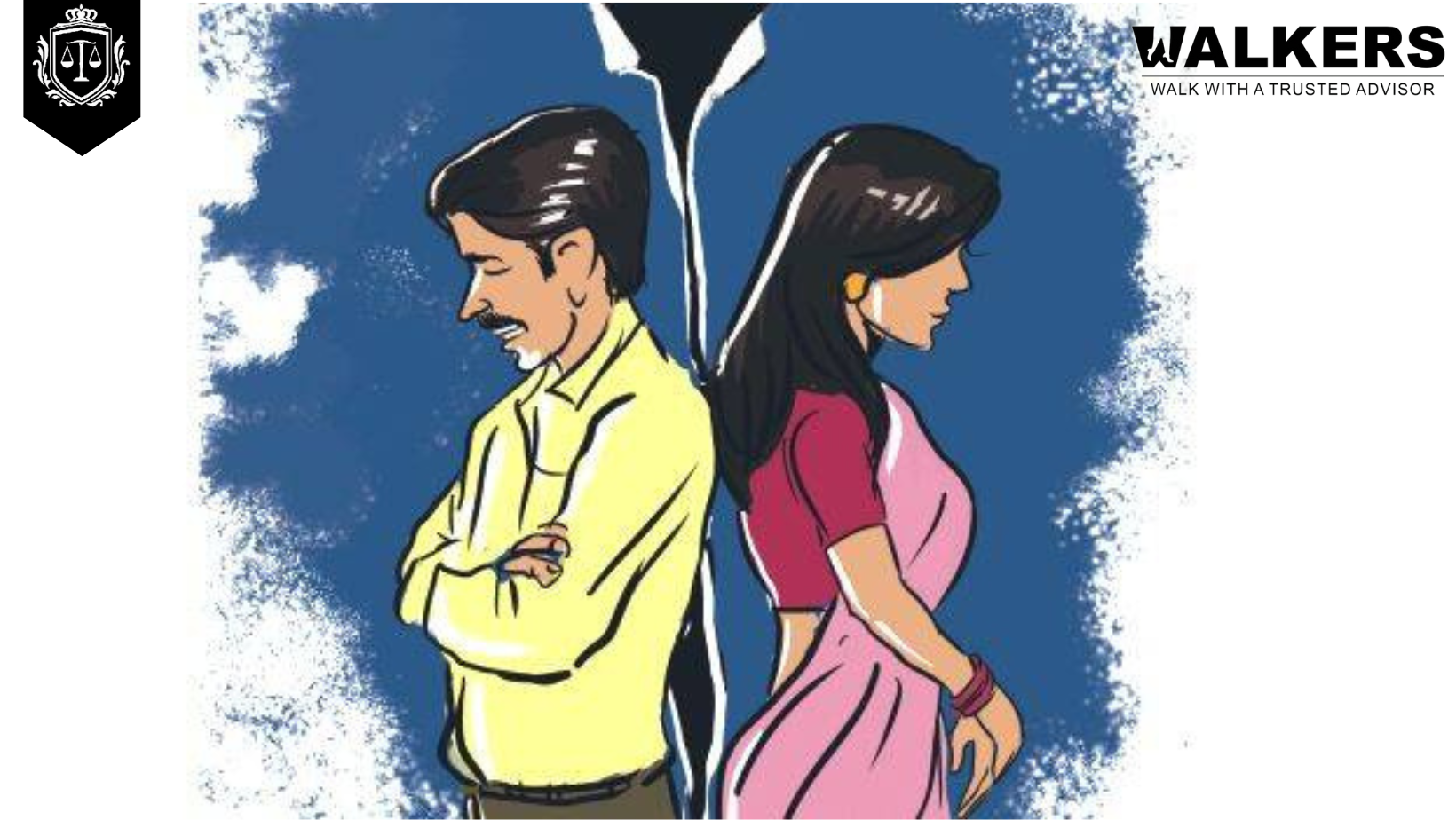


The Delhi High Court recently made an observation regarding the treatment of extramarital affairs in divorce proceedings. The Court stated that if a spouse forgives or overlooks such an affair, it cannot later be considered an act of cruelty. In the specific case at hand, the Court found that the wife had expressed her willingness to continue living with her husband despite the occurrence of such an episode. Therefore, the Court concluded that this affair cannot be deemed as cruelty towards the wife during the divorce proceedings.
The Court, consisting of Justices Suresh Kumar Kait and Neena Bansal Krishna, further explained that the situation would have been different if this illicit relationship had been a turning point in the husband and wife's relationship. However, in this particular case, although the brief extramarital affair from over ten years ago caused some turbulence, the Court determined that the spouses were able to overcome it.
Additionally, the Court emphasized that making friends at the workplace or engaging in conversations with them cannot be considered cruel or an act of neglect towards the wife, especially when the spouses were living apart due to work obligations. The Court stated that a person who is essentially living alone may seek solace in friendships, and merely talking to friends cannot be seen as ignoring the wife or a cruel act. It was acknowledged that both parties were living separately due to work demands and were likely to form friendships at their workplaces or elsewhere. Therefore, such friendships, without any additional negative factors, cannot be labeled as cruelty.
Furthermore, the Court highlighted that in disputes between parents, children should not be alienated or used as a weapon.
The Court rendered these observations in the context of an appeal brought forth by a woman contesting a family court's decision to grant her husband a divorce on the grounds of desertion and cruelty.
The husband informed the Court that he served as an officer in the Indian Army and was frequently relocated for official duties. He asserted that the deteriorated relationship between him and his wife was a result of her indifferent demeanor. The husband claimed that his wife rarely engaged in conversation with him, leading to profound frustration and depression.
Furthermore, the husband argued that his wife attempted to shift blame onto him by submitting various complaints to the Commanding Officer, Family Welfare Organization, and the Army Headquarters. He deemed these allegations as "baseless, frivolous, and false," accusing him of abandoning her and their daughter.
On the other hand, the wife contended that her husband engaged in an extramarital affair and sought to exploit his own wrongdoing by seeking a divorce from the appellant (wife).
She refuted the allegations made by her husband and additionally claimed that he only briefly visited her during his annual holidays and leaves, during which time he subjected her to physical and mental cruelty.
After careful consideration of the case, the Court determined that the wife had inflicted cruelty upon the husband by alienating their sole daughter and submitting various complaints to his superiors.
"Once vindictiveness has permeated the situation and the appellant has embarked on a path of hostility, filing complaints within the Department and initiating multiple civil and legal cases since 2011, spanning approximately 12 years, and even alienating the daughter from the respondent, it becomes an undeniable conclusion that various acts of cruelty have been perpetrated against the respondent (husband)," the Court concluded.
The Court, however, determined that there were no valid reasons for desertion in this particular case. "The divorce was granted based on the grounds of desertion, but after careful consideration, it is clear that the situation had deteriorated to a point where neither the appellant nor the respondent were able to reconcile their marriage. Given these circumstances, it cannot be concluded that the wife deserted the husband for a period exceeding two years from the date of separation, which was July 2011," the Court stated. Consequently, the Court proceeded to uphold the divorce decree solely on the grounds of cruelty.
Click Here to: Download/View Related File
TAGS: DELHI HIGH COURT DIVORCE CRUELLY JUSTICE SURESH KUMAR KAIT JUSTICE NEENA BANSAL KRISHNA